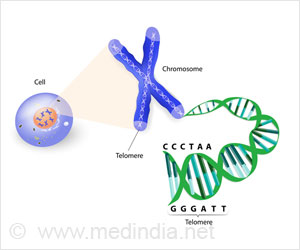
‘Indian diets are mainly grain- and plant-based, and while they are high in macronutrients, they are very low in micronutrients like iron, zinc and calcium.’
Tweet it Now
"Undernourished children catch infections more easily and have a harder time recovering because their immune systems are impaired. Right nutrition introduced early in an infant's diet builds lifelong immunity and good health," said Satish Saluja, Neonatologist at Sir Ganga Ram Hospital. Saluja said babies need five times more nutrition than adults at this stage. Right nutrition and care during this period goes a long way in determining their development and also their ability to learn and perform in the future.
Government statistics say that as many as 34 births registered in India every minute. The number goes up to 2,062 births per hour and up to 49,481 births per day. A large chunk of the total new borns remain undernourished, largely due to poverty.
The doctors have also urged the mothers of the newborns to have well planned diet, including carbohydrates as a main source of energy.
"Proteins are essential for growth, mother's knowledge of the requirement of micronutrients (vitamins and minerals) is very limited, which needs to be improved," said Saluja.
Advertisement
Manjari Chandra, Consultant at Nutrition Max Multi Speciality Centre said: "Indian diets are mainly grain- and plant-based, and while they are high in macronutrients, they are very low in micronutrients like iron, zinc and calcium."
Advertisement
"There are several approaches which can be taken like supplementing infant's normal diet with ready made vitamins and minerals enriched food, fortifying the standard food and improving dietary plans," added Chandra.
Source-IANS















